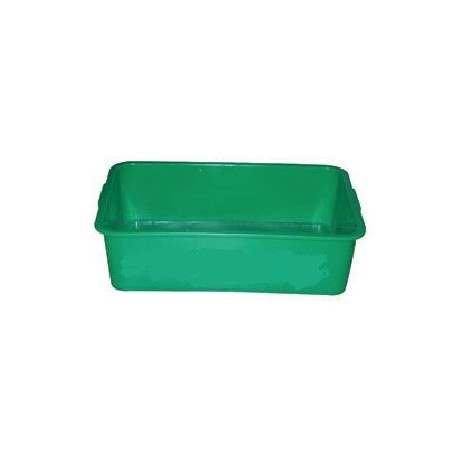There is evidence that maternal nutrition can elicit epigenetic modification of the fetal genome and the expression of imprinted genes. Supplementation of methionine analogue as a methyl donor improved the protein accretion and growth rate as well as the immune response in other species. The mineral methionine hydroxyl analogue chelate (MMHAC) is zinc (Zn), manganese (Mn), and copper (Cu) chelated with methionine hydroxy analogue. It was reported that MMHAC had a greater digestibility and retention of Zn, Cu, and Mn in growing pigs compared with trace mineral sulphates. This study was conducted to determine the effects of MMHAC partially replacing inorganic trace minerals in sow diets on epigenetic and transcriptional changes in the muscle and jejunum of progeny. For this purpose, on day 35 of gestation, 60 pregnant sows were allotted to two dietary treatments: 1) ITM: inorganic trace minerals with zinc sulphate (ZnSO4), manganese oxide (MnO), and copper sulphate (CuSO4) and 2) CTM: 50% of ITM was replaced with MMHAC. At birth and on day 18, two piglets per litter were selected to collect blood, jejunal mucosa, jejunum tissues, and longissimus muscle.
Results showed that supplementation of MMHAC tended to decrease body weight (BW) loss of sows during lactation and tended to increase piglet BW on day 18 of lactation. Supplementation of MMHAC increased global histone acetylation and tended to decrease myogenic regulatory factor 4 messenger ribonucleic acid (mRNA) and delta 4-desaturase sphingolipid1 (DEGS1) mRNA in longissimus muscle of piglets at birth. Supplementation of MMHAC decreased nuclear factor kappa B mRNA in the jejunum and DEGS1 mRNA in longissimus muscle and tended to decrease mucin-2 (MUC2) mRNA and transforming growth factor-beta 1 (TGF-β1) mRNA in the jejunum of piglets on day 18 of lactation. There were, however, no changes in the amounts of tumor necrosis factor-alpha, interleukin-8, TGF-β, MUC2, and myogenic factor 6 in the tissues by MMHAC.

In conclusion, maternal supplementation of MMHAC could contribute to histone acetylation and programming in the fetus, which potentially regulates intestinal health and skeletal muscle development of piglets at birth and weaning, possibly leading to enhanced growth of their piglets.
Jang KB, Kim JH, Purvis JM, Chen J, Ren P, Vazquez-Anon M, Kim SW. Effects of mineral methionine hydroxy analog chelate in sow diets on epigenetic modification and growth of progeny. Journal of Animal Science. 2020; 98(9): skaa271. https://doi.org/10.1093/jas/skaa271




